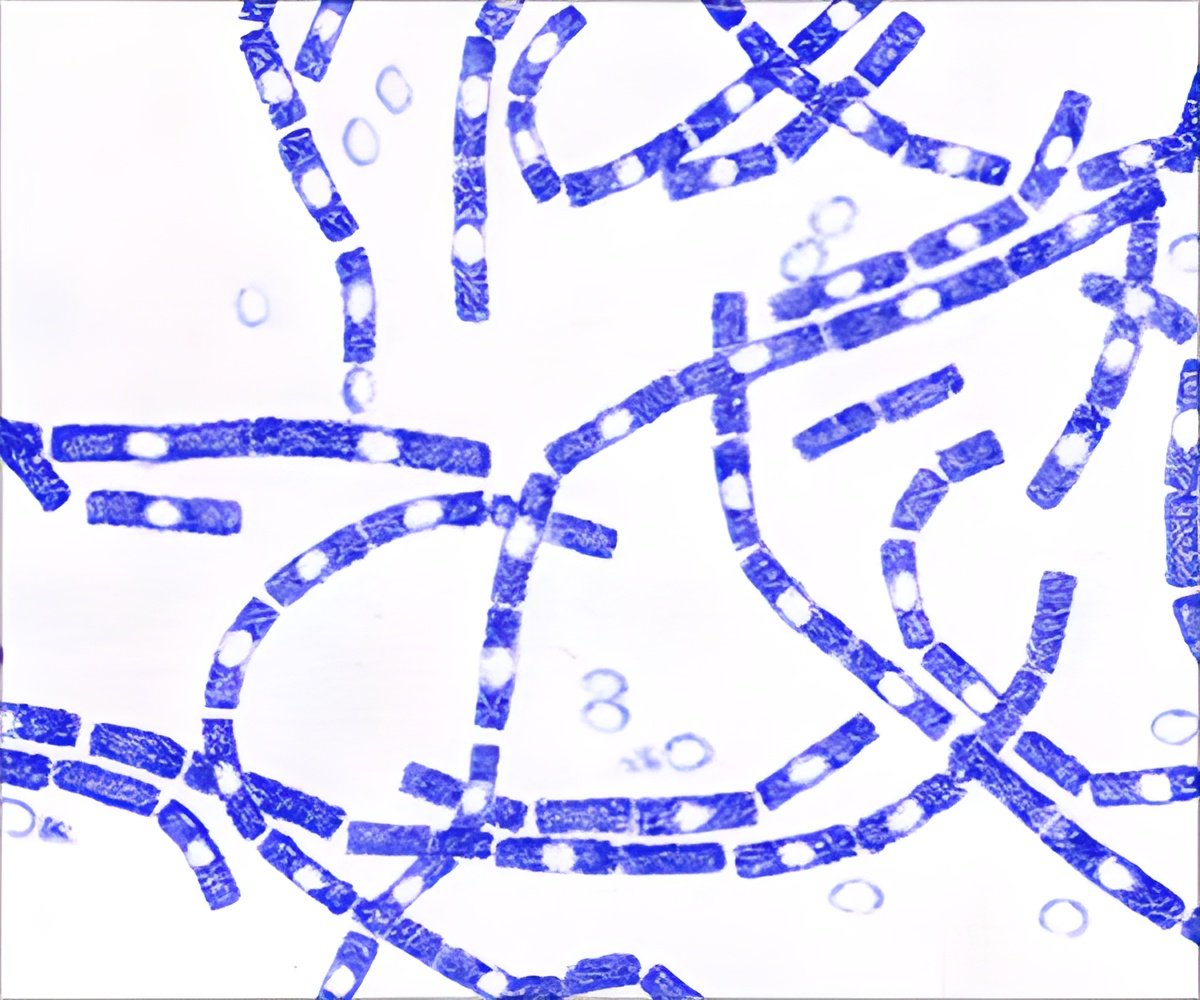
Because of the risk of transmission, hospitals have developed infection control and prevention efforts that identify individuals with nasal MRSA colonization. These patients may be placed in isolation or decolonized of MRSA by treating and removing the bacteria from the patient's nose and skin. These strategies have been used to prevent MRSA infections for the patient and to decrease risk of spread of MRSA to other patients. Several states also mandate these MRSA surveillance programs.
Researchers collected surveillance swab specimens for nose and other body sites from patients at Stroger Hospital of Cook County within 72 hours of admission from March 2011-April 2012. After analyzing the samples, researchers observed that, following the nose, the rectal and groin areas were frequent sites of colonization of community-associated MRSA. The bacteria were found in these body sites more often in men than women.
"Our findings show that MRSA colonization is not limited to the nose. This may have important implications MRSA surveillance programs nationwide," said Popovich.
Source-Eurekalert











